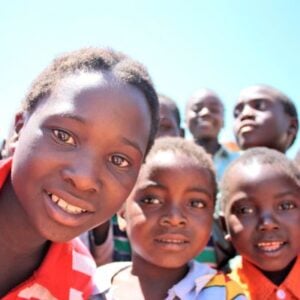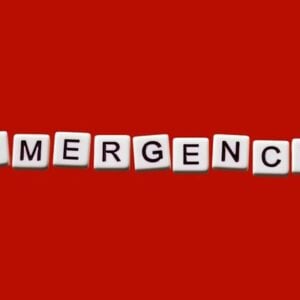Civil Society Organisations (CSOs), led by the Vaccine Network for Disease Control (VNDC), are intensifying pressure on the Nigerian government to prioritise immunisation financing as a critical national health investment. At a press conference in Abuja, themed “If You Have to Make a Choice, Choose Immunisation!”, the coalition stressed the urgency of sustained and timely funding to ensure vaccine delivery and protect millions of children. Delays, they warned, could reverse hard-won public health gains.
The event was part of the Partnership to Reach Zero-Dose Children (PREACH) project, supported by Gavi, the Vaccine Alliance, through the Global Health Advocacy Initiative. VNDC’s CEO, Chika Offor, highlighted that Nigeria accounts for nearly 30% of the world’s zero-dose children, calling it a hidden national emergency. She acknowledged recent efforts by President Bola Tinubu and other government officials for partial funding releases but emphasised that these measures fall short of the full financial commitment needed.
Offor urged the Federal Ministry of Finance to release the outstanding ₦108 billion for 2024 and fully disburse the ₦231.7 billion allocated for 2025. She also called on state governments to institutionalise immunisation funding in their budgets and ensure prompt disbursement. Stressing the economic value of immunisation, she noted that every ₦1 invested yields ₦16 in health and economic benefits.
Former Deputy Chairman of the House Committee on Health Care Services, Hon. Muhammed Usman, criticised the inconsistent disbursement of immunisation funds. He stated that without timely releases, the National Assembly’s efforts are undermined, and legislators may lose motivation to increase health funding in future budgets.
Other health leaders, including Prof. Emmanuel Alhassan, Dr Ndaeyo Iwot, and Senator Ibrahim Oloriegbe, echoed the call for stronger accountability and multisectoral collaboration to improve immunisation financing. They urged the government to treat the issue with the urgency it deserves.
In a separate interview, Hon. Amos Magaji, Chairman of the House Committee on Healthcare Services, labelled the delayed release of over ₦87 billion in immunisation funds a looming disaster. He stressed that immunisation funding should be a first-line charge in the national budget. Children missing vaccines due to delays are at immediate risk, he warned, making this a life-or-death matter, not just an administrative issue.
Magaji linked recent cholera and diphtheria outbreaks to gaps in vaccine coverage and noted that the National Assembly is closely monitoring fund releases. He also addressed cultural resistance to antenatal and hospital care, calling for a reorientation campaign and digital tools to track pregnant women. Reaffirming the Assembly’s commitment, he advocated for local vaccine production and compared the importance of health to national security, stating, “Bad roads can wait; health cannot.”







